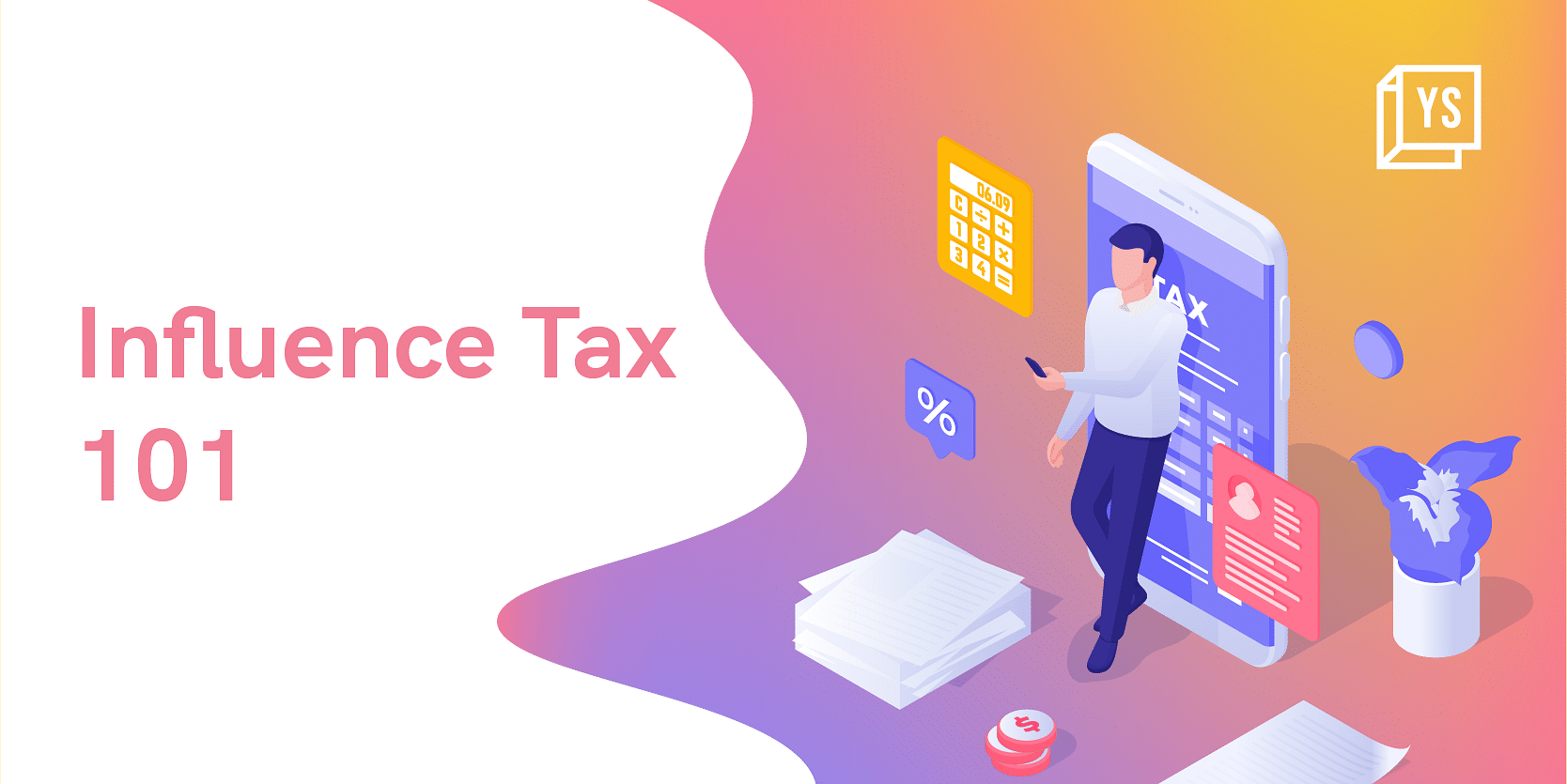The Government in its Union Budget for 2022-23 introduced a tax withholding provision on benefits or perquisites rolled out by businesses, effective July 1. The tax rate is 10 percent on the value of the benefits or perks.
In this article, we break down the applicability of Section 194R of the Income-tax Act, identify situations that could impact emerging sectors such as the creator economy and direct-to-consumer brands, as well as legal requirements for those likely to be impacted by this new regulation.
Does it apply to you: The provision covers all types of benefits or perquisites—in cash or kind, irrespective of whether it is convertible into money. So yes, it applies to you if your company provides benefits or perks to individuals for conducting their business or profession.
The section does have a few exclusions:
- Individuals or a Hindu Undivided Family operating a business with an annual turnover less than Rs 1 crore, or with earnings below Rs 50 lakh in the previous financial year;
- The value of the benefit or the perk does not exceed Rs 20,000 in the current financial year;
- Benefits or perks provided to non-residents; and
- Benefits or perks provided to employees.
Impact on D2C companies: Free samples provided by companies are covered under Section 194R. The Central Board of Direct Taxes has clarified that sale discounts, quantity discounts, additional quantity provided free, and rebates to customers are outside the purview of this Section. But other benefits such as dealer incentives including freebies such as gadgets, product samples, sponsored travel, and complimentary event tickets are covered.
By extension of this rationale, perks and benefits offered by companies to their employees and directors of third-party companies would also be subject to withholding tax.
Impact on the gig economy: Gig workers have adopted novel ways of being compensated, such as through asset purchases, expense reimbursements, and lifestyle and recreational memberships or subscriptions. These forms of payment are now specifically brought under the net of Section 194R.
Impact on creator economy: Social media influencers and creators are an integral part of marketing campaigns for several companies. And typically, some of the merchandise under promotion, meals, and experiences are provided free to such influencers. Well, such arrangements now come under the ambit of 194R.
Even out-of-pocket expenses reimbursed to consultants, where the invoice is originally received in the name of the company, are covered. As are medical samples that pharmaceutical companies offer to hospitals and doctors, and gifts provided to business associates or partners on festive occasions.
While the intention is to cover all types of professionals or business receipts under the tax net, the logistics of keeping track of all such incentives could prove a gargantuan challenge. Also, it is yet to be seen if the receivers of such benefits will be eligible for a seamless tax credit on the amount withheld. Especially if the benefits are in the form of capital assets or in kind, or where the benefits per se are not part of the receipts taxable income.
It has to also be seen if this will create any ripple effect on GST applicability on such benefits or perks; out-of-pocket expenses and reimbursements are currently outside the GST purview.
So the next time you think of giving anyone a free shopping voucher or an all-expenses-paid trip, remember Section 194R.
No free lunches from today!
Rohan Arinaya and Chaitra Bharadwaj are part of Merican Consultants, a full-service finance and management consulting firm based in Bengaluru.
Disclaimer: The article is only informative in nature and not meant as nor should be construed as professional opinion. For specific queries, write to the authors at finance@mericanconsultants.com.










![Read more about the article [Weekly funding roundup Aug 29-Sept 2] Venture capital inflow into Indian startups remains subdued](https://blog.digitalsevaa.com/wp-content/uploads/2022/04/weekly-funding-roundup-1640354161359-300x150.png)